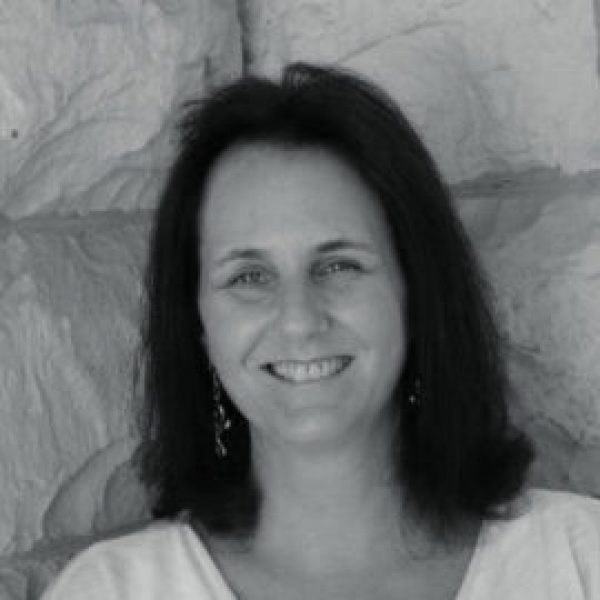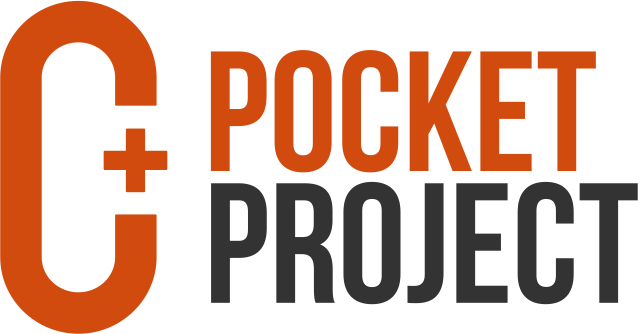Women & Gender-based Trauma
Lab Cycle Oct 2020 - July 2021 Report
Facilitators
Hilorie Baer, Kosha Joubert, Bee James
Trainees
Jo Hardy, Neema Namadamu, Krijnie Beyen
LANGUAGE
English
Description
In this Lab we researched the collective trauma that emerges from female gender identity, gender injustice and sexual & domestic abuse. This first lab cycle was for those identifying as women only. We aimed to ‘presence’ how gender-based trauma shapes our worldviews and institutions, our ways of being and ‘othering’. How do we participate either in the integration or in the perpetuation of this trauma? And what are the ingredients that might make it possible for us to heal together? We explored these questions through the specific perspectives and experiences that participants brought to the common space.
We started out with a group of 63 participants and completed with 49 participants. We met for 11 group sessions from October 2020 – June 2021 and triads were formed after our fourth session.

We explored the following questions:
- What constitutes the historical background of gender identity?
- What constitutes the historical background to relationships between women and men?
- What constitutes the historical background to gender-based injustice, sexual abuse and domestic abuse?
- How does gender-based trauma influence the construction of our identity as women?
- How does gender-based trauma influence the development of our worldviews and our role in societies?
- Can we collectively create a coherent ‘we-space’ and a process of witnessing that leads to an understanding, and eventually, integration of this trauma?
- What are the ingredients that help to make this possible?
Stages of our process as a group:
1. Synchronising & Resourcing
2. Meeting the Collective Trauma Landscape
3. Exploring Individual & Collective Conditioning
4. Listening to Ancestral Roots & Voices from the Field
5. Integrating & Restoring
6. Transforming & Meta-learning
Moments of Challenge
- Some in our team experienced a tension between involvement versus holding/hosting, especially around holding the tech of the zoom calls.
- Some in our team had a recurrent experience of not enough space-time, and would have liked more time for preparation and team-meetings, while others felt that the time allocated was already touching a limit.
- We continue to long for more precision around what we really touch when we speak of ‘collective trauma’.
- When touching on extremely abusive personal and collective histories, how do we stay related, while at the same time moving to the frequency of the observer, so that the experience can re-organise within a bigger picture? How do we evaluate this process?
- We were a predominantly Western group of women, and painfully aware that this provided a challenge to our non-English speakers and a constriction to the extent to which we could see. There was gratitude for non-Western perspectives, but also a sense of short-coming in terms of creating more space and time to listen more fully to these and a wish to continue this work and journey.
MOMENTS OF GRACE
- In our lab, we grew towards increased coherence and safety both through and leading to beauty and vulnerability in the sharings.
- The growing experience of creativity that arose in our lab process, together with trying other modalities and tapping into more expressiveness through dance, art, poetry and movement.
- The diversity of competencies in our team allowed for an emergence of co-creativity.
- Many of us experienced a deep space of extension as we entered ‘the dark lake’ through and with our ancestors, touching on grieving of lost children, grief and fury around ‘clipped wings’, a loss of land, home and life, and exhaustion in the feminine psyche.
- We followed a path of continuously dropping deeper together and ended in a space of mutual joy.
INSIGHTS
- Pre-lab training in basic practices and competencies is very helpful.
- Clarity of articulation about the process of Collective Trauma Integration and where we were on our journey by the team contributed to safety.
- Importance of distinguishing between authentic precision and articulation in the moment versus philosophical words that come from a more mental level of being.
- We would have loved even more space for meta-reflection: not about how people are feeling, but about how the work is orienting to a movement from fragmentation to unification.
- For future labs, we would love to have a scribe who captures the actual themes as they arise: What is the shape of fragmentation? What are the archetypal themes that come up? What is the specific architecture of the field of collective wisdom? What are the dilemmas? What characterises those moments when women feel betrayed by one another?
- Self-protective movements from a place of trauma are polarising; the capacity to feel when and how that process takes place – between us and in the world around – is key to not staying stuck in that framework, but relating to it.
- Until we can be precise about when fragmentation happens, it seems to happen to us. We find ourselves within it but not quite sure how we got there.
TIMELINE
Our Lab Team

Hilorie Baer

Kosha Anja Joubert


